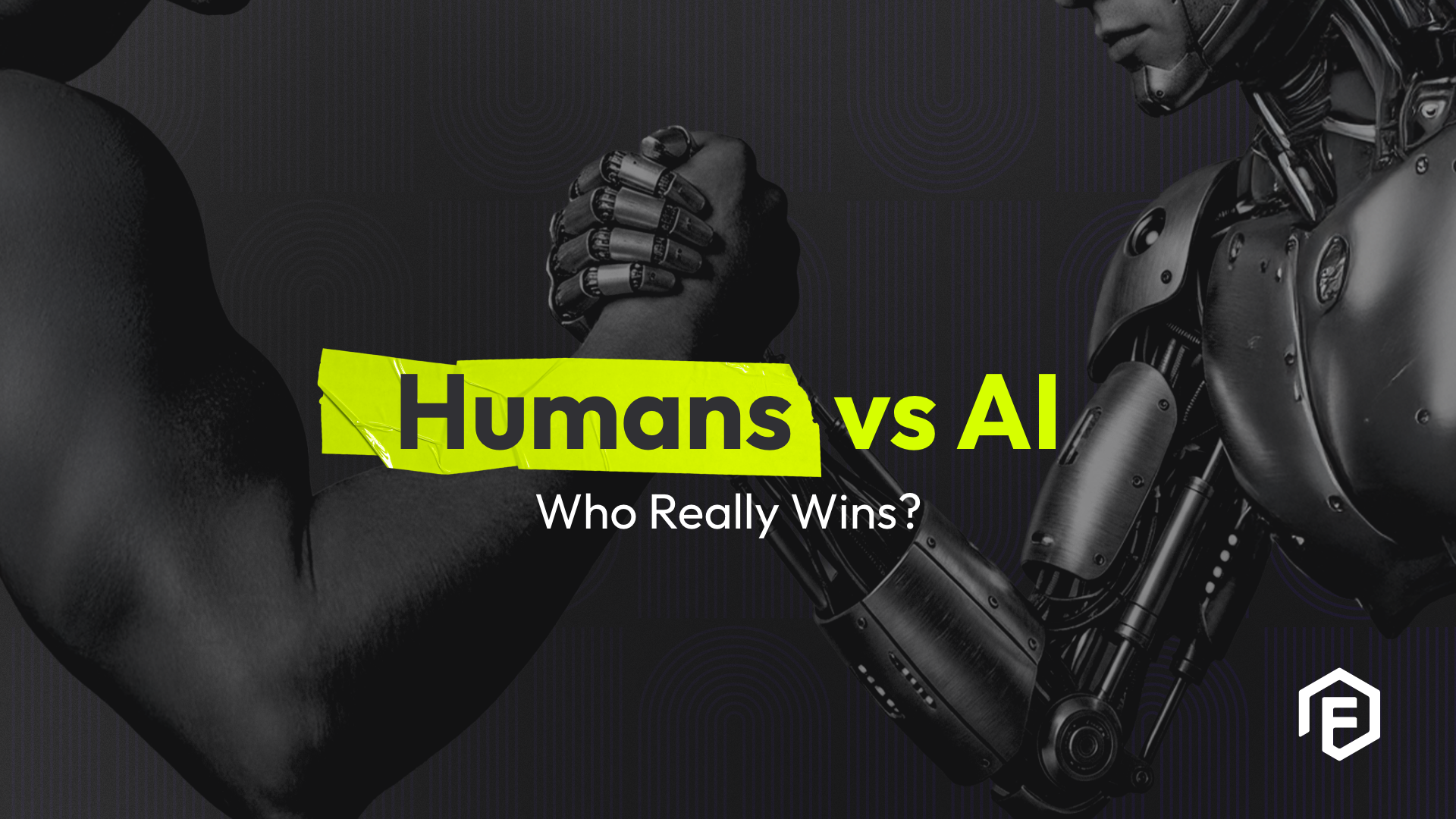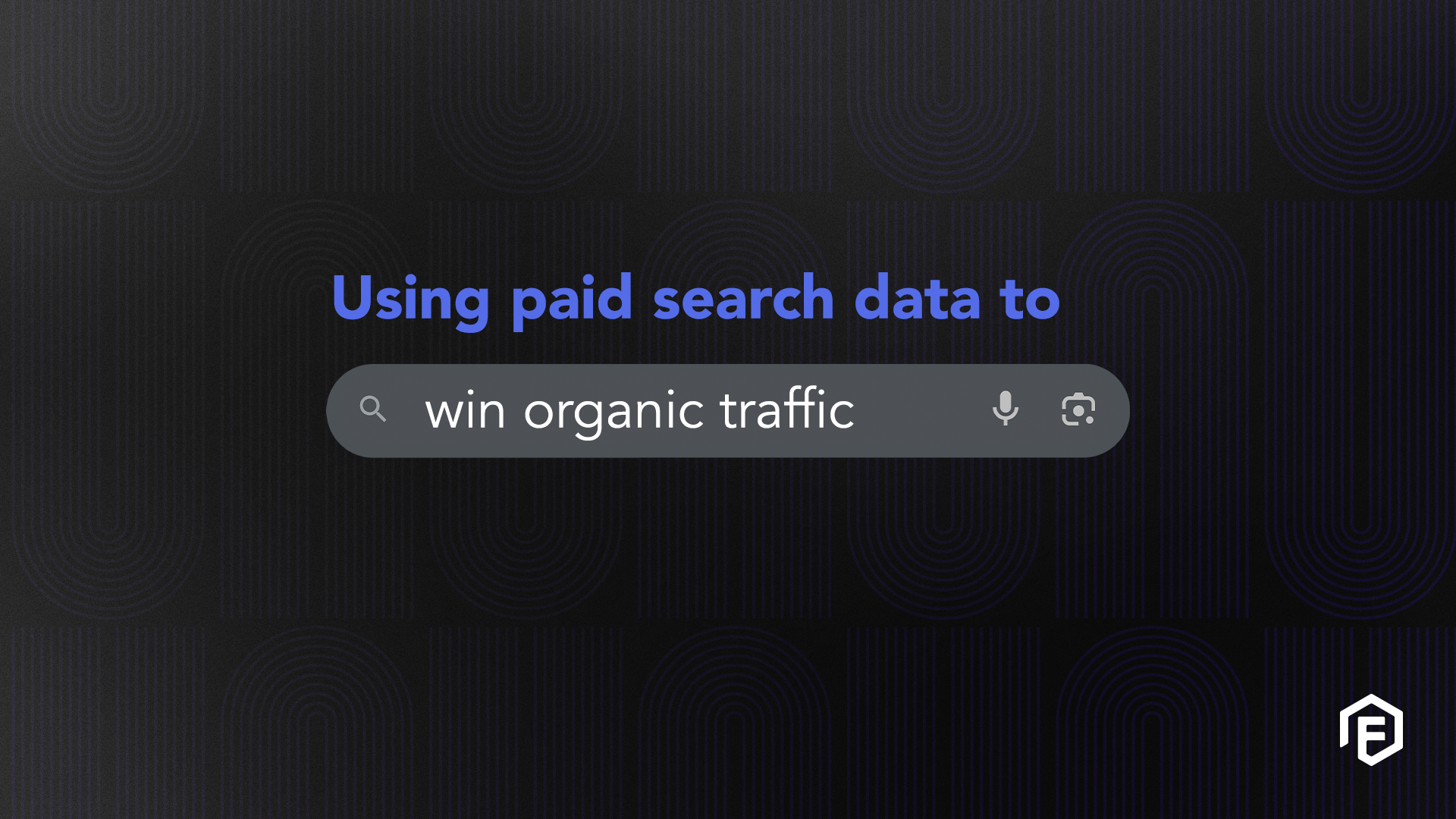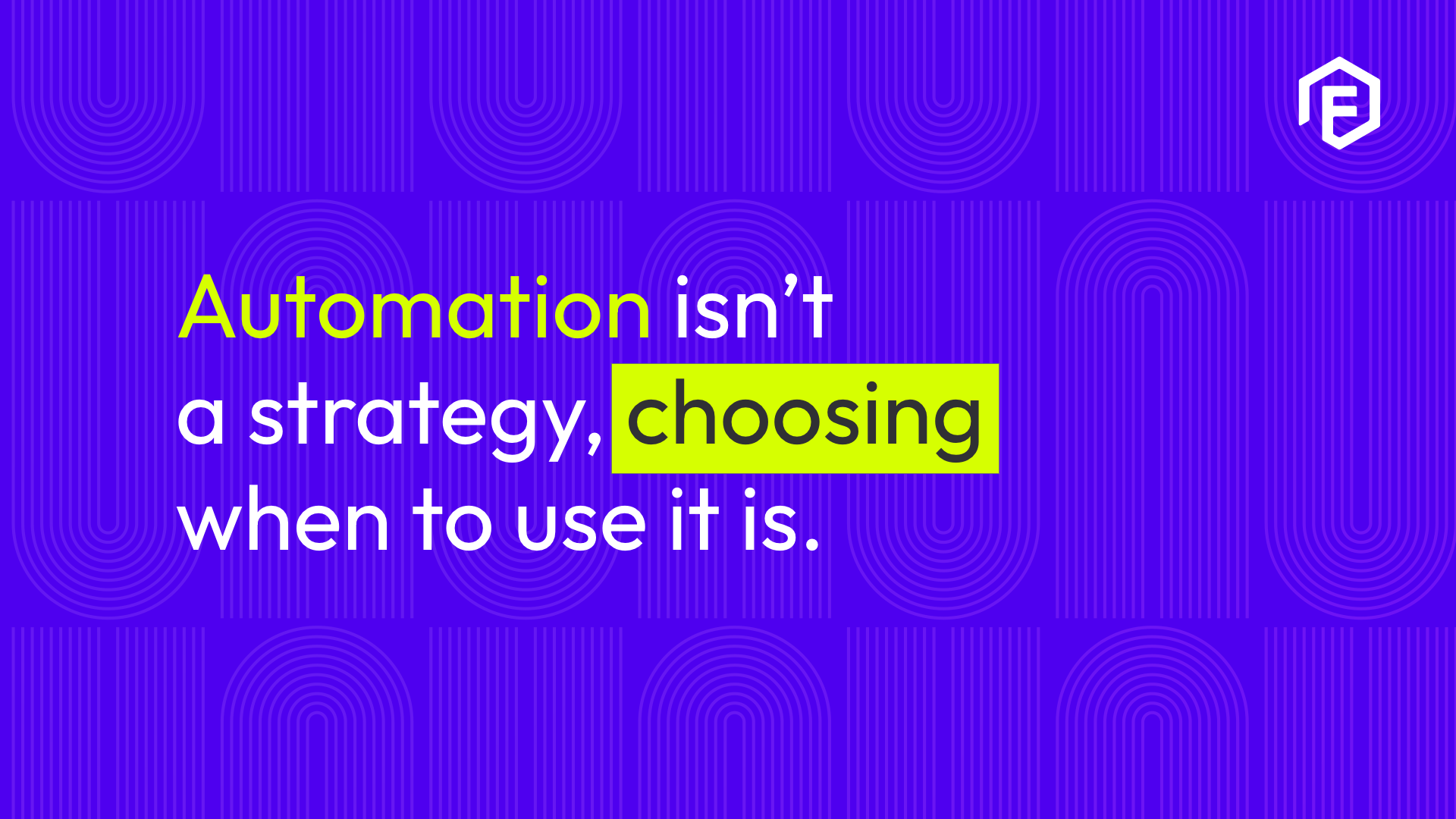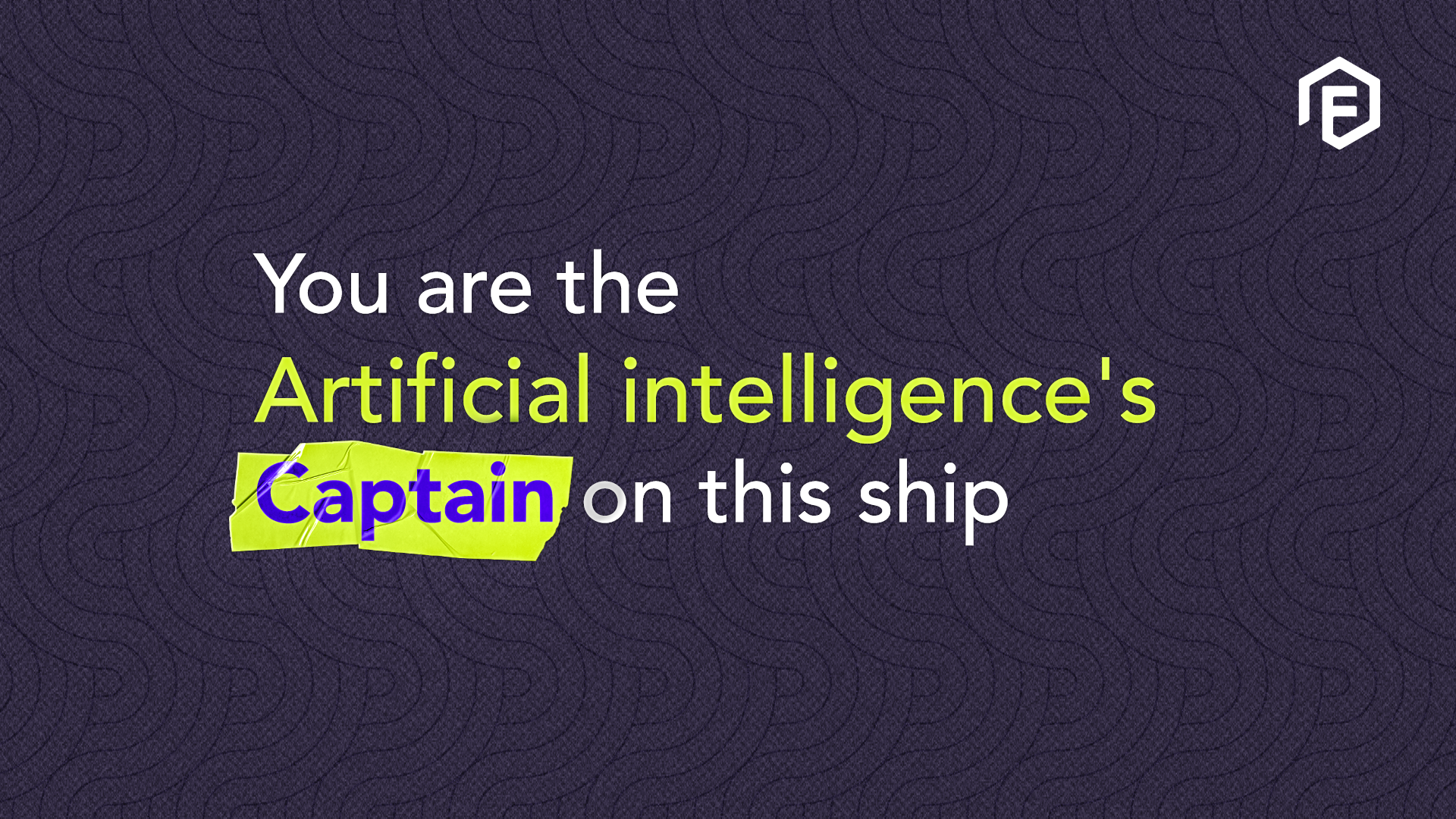In digital marketing, paid search is like the unsung hero. It’s not as glamorous as a viral social post or a beautifully designed website, but it gets the job done – and often with less drama. You might not get a standing ovation for setting up a killer PPC (pay per click) campaign, but when those conversions start rolling in, you know you’ve saved the day.
Flume’s team of paid media experts shared some behind-the-scenes insights into what makes paid search such a vital piece of the digital marketing puzzle. Spoiler: it’s not all sunshine and click-through rates.
Why Paid Search is a Smart Strategy
At its heart, paid search is about one thing: being in the right place at the right time. It’s the practical, reliable tactic that gets you in front of your audience when they’re searching for something you offer. Simple, right? Not so fast.
Jason Zellie, Paid Search Lead, sums it up nicely:
“The main goal of a paid search strategy in digital marketing is to attract relevant traffic by showing ads to people actively searching for related products or services. It increases visibility, generates leads or sales, and provides valuable data for improving other marketing efforts.”
In other words, paid search is about efficiency and impact. It cuts through the noise and delivers results without the guesswork – just focused, meaningful engagement when it counts.
Paid Search vs. Organic Search: The Sibling Rivalry
If paid and organic search were siblings, organic would be the older, goody-two-shoes sibling who’s always working hard and playing the long game. Paid search, on the other hand, is the younger, scrappy sibling who gets immediate results – because who has time to wait?
Alex Karsten, Junior Campaign Manager, nails it:
“Organic search focuses on unpaid rankings in search results, while paid search allows users to pay for a prominent spot in search results.”
In short, both have their place, but when the clock is ticking, paid search delivers.
The Evolution of Paid Search: From Basic to Beast Mode
Gone are the days of throwing in a few keywords and hoping for the best. Paid search has evolved into a precise, data-driven powerhouse where strategy drives results.
“Paid search has moved from basic keyword targeting to a more sophisticated, data-driven approach. AI now optimises campaigns, and we’re targeting audience behaviour and interests rather than just words.” – Jason Zellie, Paid Search Lead
Now it’s less about guessing and more about knowing – before they even hit search. With AI working behind the scenes, we can focus on the real strategy, turning every click into an opportunity for deeper engagement.
The Secret Ingredients of a Winning Paid Search Strategy
Let’s be real: paid search campaigns might take a few adjustments, but that’s all part of refining the strategy. When it works, it’s because all the right elements have come together, creating something truly impactful.
According to Jason Zellie:
“An effective paid search strategy involves thorough keyword research to target the right audience, paired with compelling ad copy that matches search intent. It includes optimised landing pages for conversions, advanced targeting, and segmentation to reach specific demographics, and a well-planned bidding strategy to maximise results. Tracking and analytics are crucial for monitoring performance, while continuous optimisation ensures the campaign remains effective. Proper budget management ensures resources are allocated to the best-performing ads, all working together to drive targeted traffic and maximise ROI.”
Translation: You can’t just throw a few keywords into Google Ads and expect results. Paid search is a carefully coordinated strategy where every element has a role to play.
Thorough Keyword Research: It’s about understanding user intent, not just popular terms. The right keywords attract users who are ready to convert, making your campaign more effective.
Compelling Ad Copy: Your ad copy should speak directly to the user’s intent and inspire action. It’s not just about matching keywords – it’s about providing the answer they’re looking for, in just a few lines.
Optimised Landing Pages: The landing page is where conversions happen. It needs to deliver on the promise of the ad, load quickly, and guide the visitor to the desired action seamlessly.
Advanced Targeting and Segmentation: Targeting isn’t just demographics; it’s about behaviours, interests, and intent. Segmentation helps personalise ads for specific groups, increasing relevance and boosting conversions.
Bidding Strategy: It’s not about spending more; it’s about spending smart. A well-planned bidding strategy ensures your budget is allocated to the ads and keywords that perform best.
Tracking and Analytics: Data is your guide. Metrics like click-through rates (CTR), cost per action (CPA), and return on ad spend (ROAS) tell you how well your campaign is doing. Analysing these helps refine your strategy and improve performance.
Continuous Optimisation: Paid search isn’t set-and-forget. Continuous optimisation ensures your campaign evolves with user behaviour and market trends, delivering consistent results.
Budget Management: Effective budget management means focusing on what works and cutting what doesn’t. This keeps your budget working hard and maximising returns.
Best Practices to Keep You Sane (and Successful)
We asked our team to share their top strategies for keeping a paid search campaign on track. Here’s what they had to say:
Touficqua Jacobs, Paid Social Lead:
“Focus on eating the frog first thing in the morning.” (If you know, you know.)
This phrase comes from Mark Twain’s famous advice: “Eat a live frog first thing in the morning, and nothing worse will happen to you the rest of the day.” In other words, tackle your toughest, most dreaded task first. By starting your day with the hardest challenge, you clear the way for a more productive, stress-free day ahead – a must in the fast-paced world of paid search.
Richard Graaff, Senior Campaign Manager:
“Clearly define your KPIs.”
In paid search, key performance Indicators (KPIs) are your guiding metrics. They tell you how your campaigns are performing relative to your goals, whether that’s conversions, CTR, or ROAS. Defining KPIs upfront allows you to focus on what really matters and make data-driven decisions to keep improving.
Think of it this way: in both paid search and life, knowing your goals, setting your budget, and getting ahead of the tough stuff ensures you stay on course – because the algorithm waits for no one.
Where’s Paid Search Heading? More Automation, Less Headache
Just when you think you’ve got it all figured out, something changes (because, of course, it does). Right now, the hottest trend in paid search is automation and AI – and it’s not going away anytime soon.
Alex Karsten explains:
“In 2024, generative AI within Google and Microsoft Ads is the big focus. Automation is evolving, and we’re using AI to enhance campaign performance while freeing up time for the big-picture stuff. In terms of what’s next, I think paid search will evolve to where most campaigns are AI-driven. But AI isn’t here to take our jobs – it’s here to make us more efficient.”
So, don’t panic: the robots aren’t coming for your job just yet. We’re still very much in the driver’s seat. AI is great, but it doesn’t have the marketing intuition of a human. Instead, it’s here to handle the mundane bits, so you can focus on the fun stuff – like brainstorming the next big campaign or figuring out why the client thinks a 1% CTR is “underwhelming.”
Conclusion: Paid Search – Your Digital Marketing Workhorse
At the end of the day, paid search is the workhorse of digital marketing. It’s reliable, effective, and, when done right, can seriously boost your brand’s visibility and bottom line. But it’s not without its headaches – and that’s okay. Like any good digital marketer, you learn to roll with the punches (and maybe vent a little on Slack).
Want to learn how paid search can level up your digital strategy? Let’s talk!
Flume is an independent, full-service digital marketing agency providing services that include SEO, web design and development, public relations, media buying, client service, UX/UI, and creative production. For more information visit www.flume.co.za or email us to say, well, “hello”.
-
Frequently Asked Questions
-
1. What is paid search, and why is it important in digital marketing?
- Paid search involves placing ads in search engine results to attract relevant traffic by showing ads to people actively searching for related products or services. It’s important because it increases visibility, generates leads or sales, and provides valuable data for improving other marketing efforts.
-
2. How does paid search differ from organic search?
- Paid search allows businesses to pay for a prominent spot in search results, delivering immediate results, while organic search focuses on unpaid rankings and is more about playing the long game to build authority and visibility over time.
-
3. What are the key elements of a successful paid search strategy?
- A successful paid search strategy includes thorough keyword research, compelling ad copy, optimized landing pages, advanced targeting and segmentation, a well-planned bidding strategy, continuous optimization, and effective budget management. All these elements work together to drive targeted traffic and maximize ROI.
-
4. How has paid search evolved with the use of AI and automation?
- Paid search has evolved from basic keyword targeting to a sophisticated, data-driven approach where AI optimizes campaigns based on audience behavior and interests. Automation in paid search is increasingly used to enhance campaign performance while allowing marketers to focus on strategic aspects.
-
5. What trends are shaping the future of paid search in 2024?
- The biggest trend in 2024 is the integration of generative AI within Google and Microsoft Ads. Automation is becoming more prevalent, enabling more efficient campaign management while freeing up time for marketers to focus on big-picture strategy and creative tasks.



